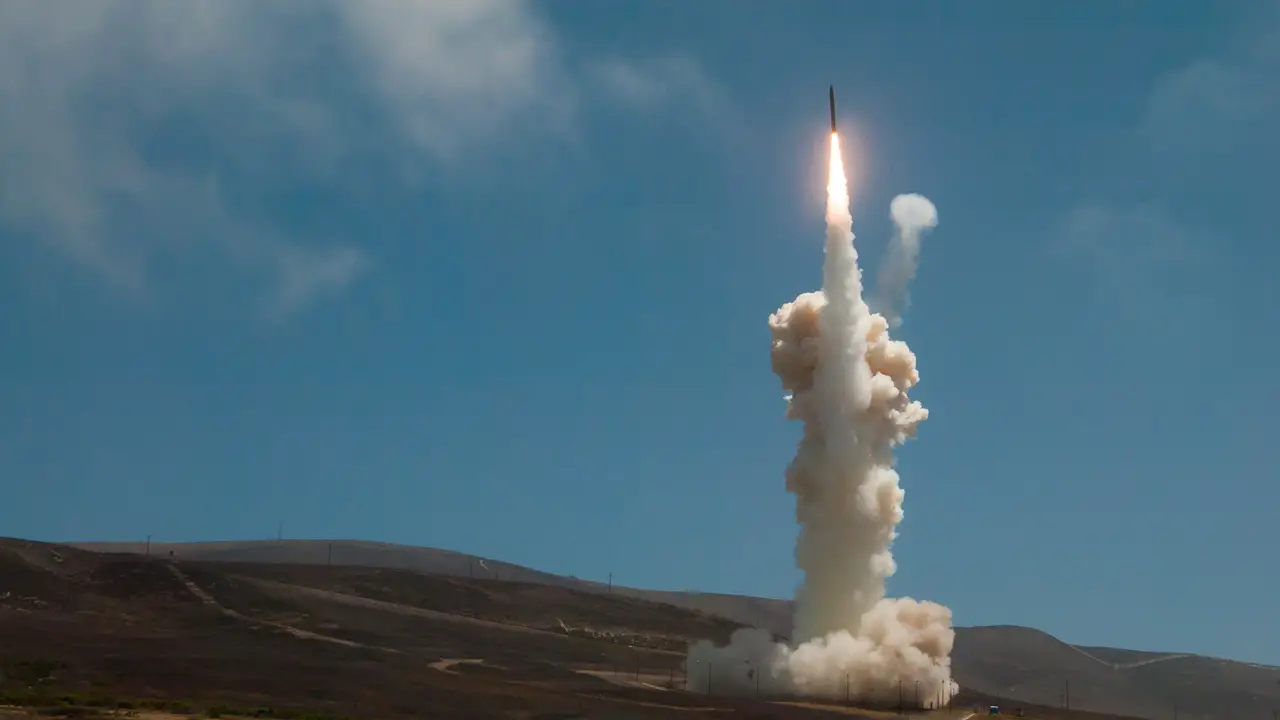The Boeing Co., Huntsville, Alabama, is being awarded a $249,000,000 undefinitized contract modification (P00067) to previously awarded HQ0147-12-C-0004/-19-C0004 on the Ground-based Midcourse Defense Development and Sustainment contract (DSC). The value of this contract, including options, is increased from $11,519,944,967 to $11,768,344,967. The work will be performed in Huntsville, Alabama; Tucson, Arizona; and Chandler, Arizona, and the period of performance is from Sept. 24, 2020, to Dec. 31, 2022.
The scope of work under the current DSC includes development, fielding, test, systems engineering, integration and configuration management, equipment manufacturing and refurbishment, training and operations and sustainment for the GMD weapon system and associated support facilities. This acquisition was executed on a sole-source basis. Fiscal 2020 research, development, test and evaluation funds in the amount of $45,689,000 have been obligated at the time of award.
Under this undefinitized modification, the Missile Defense Agency executes the Service Life Extension Program (SLEP) upgrade of Ground Based Interceptors (GBI); the upgrade and repair of specialized production equipment necessary to support SLEP activities; systems engineering to support CE-I fleet readiness; cybersecurity activities; and the production of a payload to support system testing requirements.The Missile Defense Agency, Huntsville, Alabama, is the contracting activity.
GMD is designed specifically to counter long-range ballistic missiles threatening the U.S. homeland. It uses a three-stage booster, giving the necessary “legs” to perform intercepts over great distances. This range gives GMD by far the greatest coverage area of any U.S. missile defense system, defending all fifty states and Canada. Other missile defense systems, including Aegis, THAAD, and Patriot, are generally classified as “regional” systems, and are geared toward short to intermediate range ballistic missile threats. While some may have homeland defense applications in certain circumstances, they have much smaller coverage areas as compared to GMD, and generally much less capability, if any, against ICBMs.












